This year's conference presenters have truly worked toward changing past ideologies and prejudices, allowing the archives to inform us with inspiring stories and new attitudes. Expect to learn about the controversial story hour inspired from archival photographs; the challenges of locating materials documenting hip hop's roots on Long Island; archivists working to improve the way the Library of Congress organizes and classifies works by and about Long Island’s Indigenous peoples; using archives to introduce Liss, a new African American founding figure; and an update of the projects completed this past year by LILRC's Project Archivist.
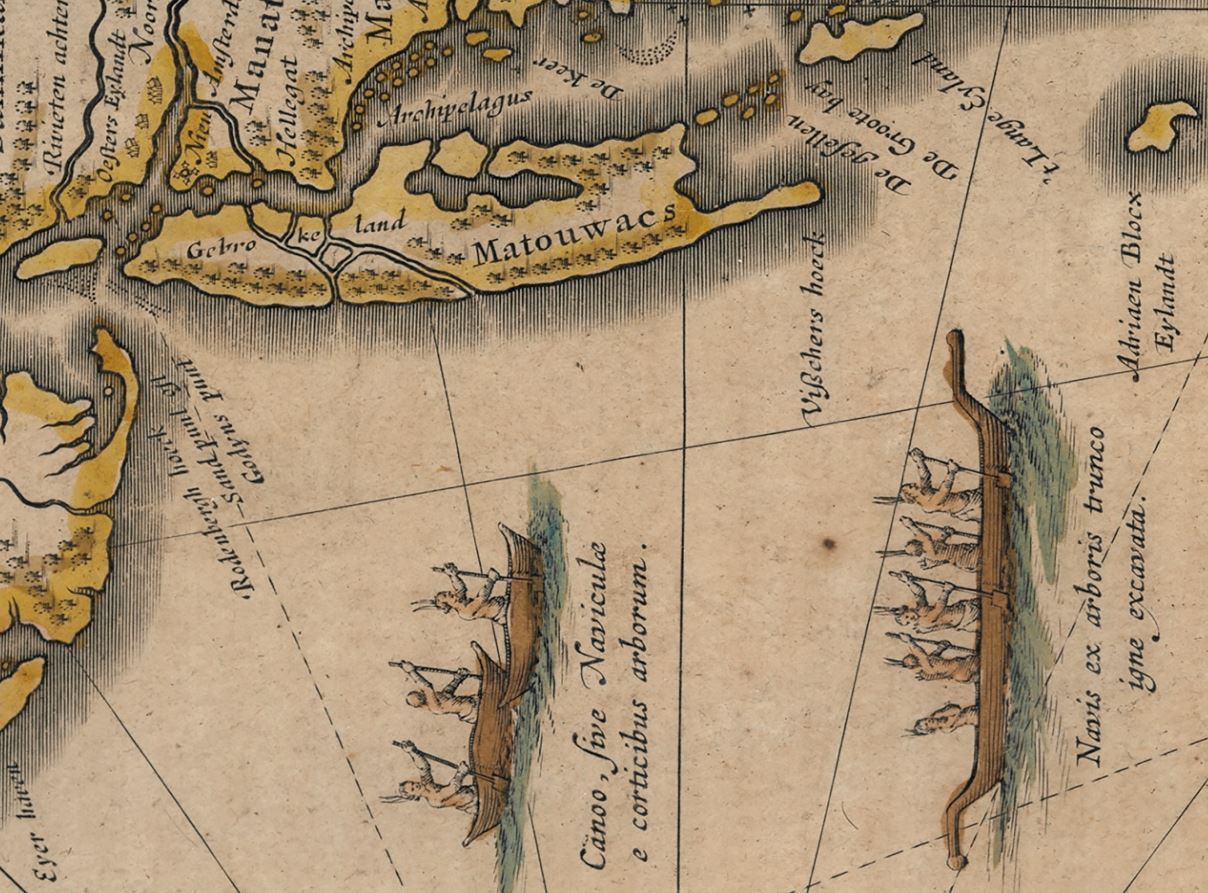 Kristen J. Nyitray, Director, Special Collections and University Archives, and University Archivist at Stony Brook University
Kristen J. Nyitray, Director, Special Collections and University Archives, and University Archivist at Stony Brook University
Dana Reijerkerk, Knowledge Management and Digital Assets Librarian at Stony Brook University
Searching for Paumanok: Enhancing Access to Indigenous Long Island in Research Collections
Long Island, New York is a case in point in the United States settler state landscape co-opting Indigenous peoples and places for naming geographies, communities, beaches, and spaces. With nearly eight million residents, today Long Island is one of the most densely populated islands in the world. Long Island presents a unique regional context to examine because of the strikingly visible retention of Indigenous word origins in the public landscape. The Indigenous origins of the region are well represented in names of villages, bodies of waters, schools, streets, and mascots. Despite this prevalence, the Indigenous history of Long Island is both under documented and understudied, and sources that could foster new research and scholarship remain difficult to locate in library collections and catalogs.
This presentation discusses a research project designed to improve Library of Congress (LC) Authorities and Classification for organizing, classifying, and describing works by and about Long Island Indigenous peoples. The study was the first critical examination of absences in LC Authorities for Indigenous Long Island. Our findings revealed a lack of representation in catalog records and suggested ways for remediation by establishing new subjects and names with accurate, culturally relevant terms. Attendees will learn about the research methodology and larger issues that impact Indigenous Long Island cataloging efforts such as federal/state recognition status, the relationship between Indigenous group borders and country/state boundaries, and emerging LC guidelines for amending subjects and names for Indigenous peoples.
_____
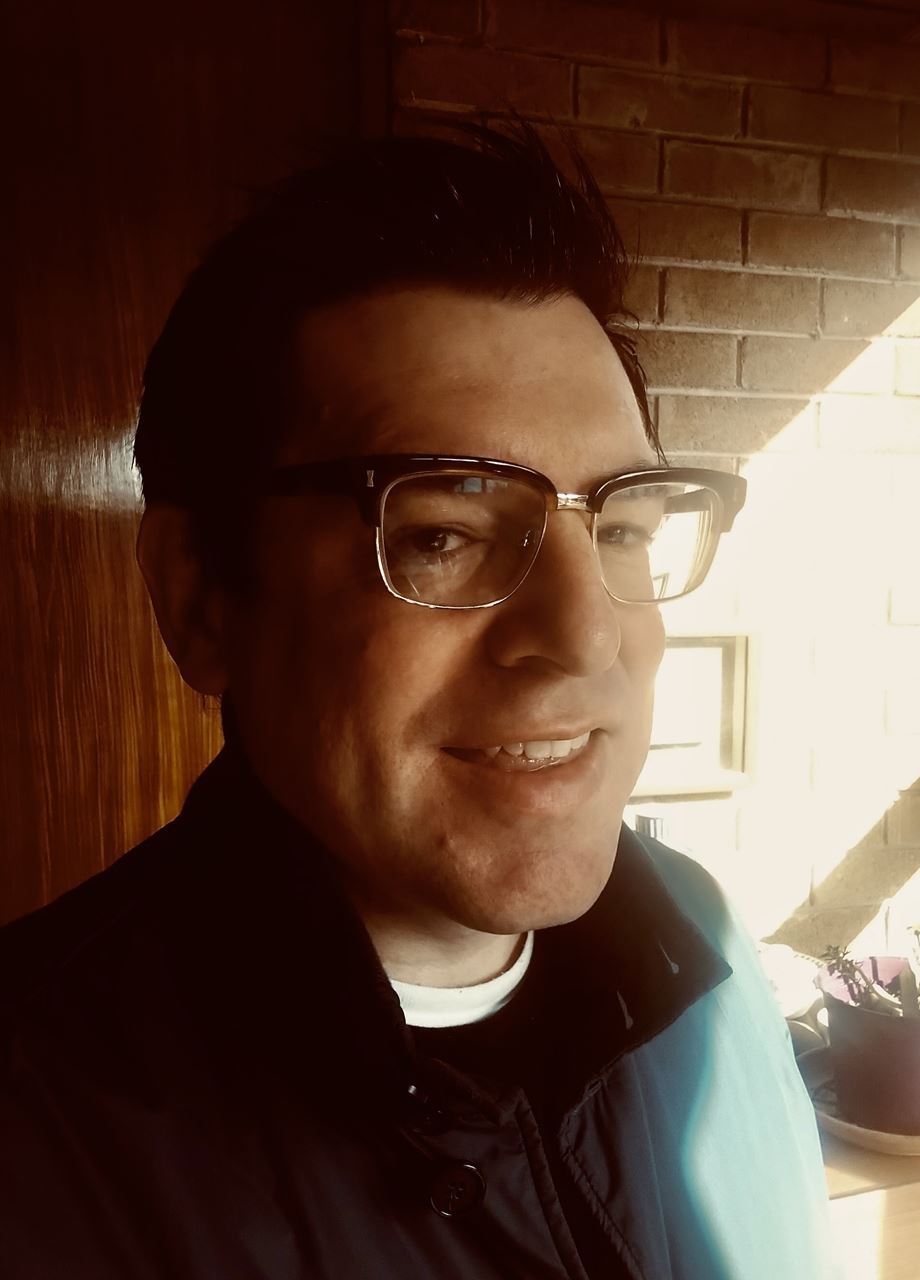 Dr. James Graham McNally, Author, Curator and Cultural Historian
Dr. James Graham McNally, Author, Curator and Cultural Historian
Reconstructing 'Strong Island' Hip-Hop: In search of L.I.'s post-civil rights Black life
During the late-1980s acts from Long Island were responsible for a string of revolutions in the genre of hip-hop. Coming from small Black communities like Roosevelt, Wyandanch and North Amityville, acts such as Public Enemy, Rakim and De La Soul sent this musical movement in vital new directions during what many see as its most important period of development. Yet, hip-hop’s historians still perceive the movement’s history as being quintessentially of the inner city.
Setting out to document these rich developments in relation to the small – and often misunderstood – suburban Black communities that made them, cultural historian and Harvard Fellow James McNally is at work on The Long Island Rap Renaissance: Hip-Hop and Black Suburbia in Post-Civil Rights New York.
In this talk, he will speak to the little understood contributions Long Island’s Black communities made on the global popular culture stage; the challenges of locating primary materials documenting these musical histories and pertaining to everyday life in LI’s Black communities in the 1970s and 1980s; the needs and methods of cultural history more generally; the role that meeting and interviewing artists can play; and how archives can work to create accessible collections to further document and make available these important histories.
______
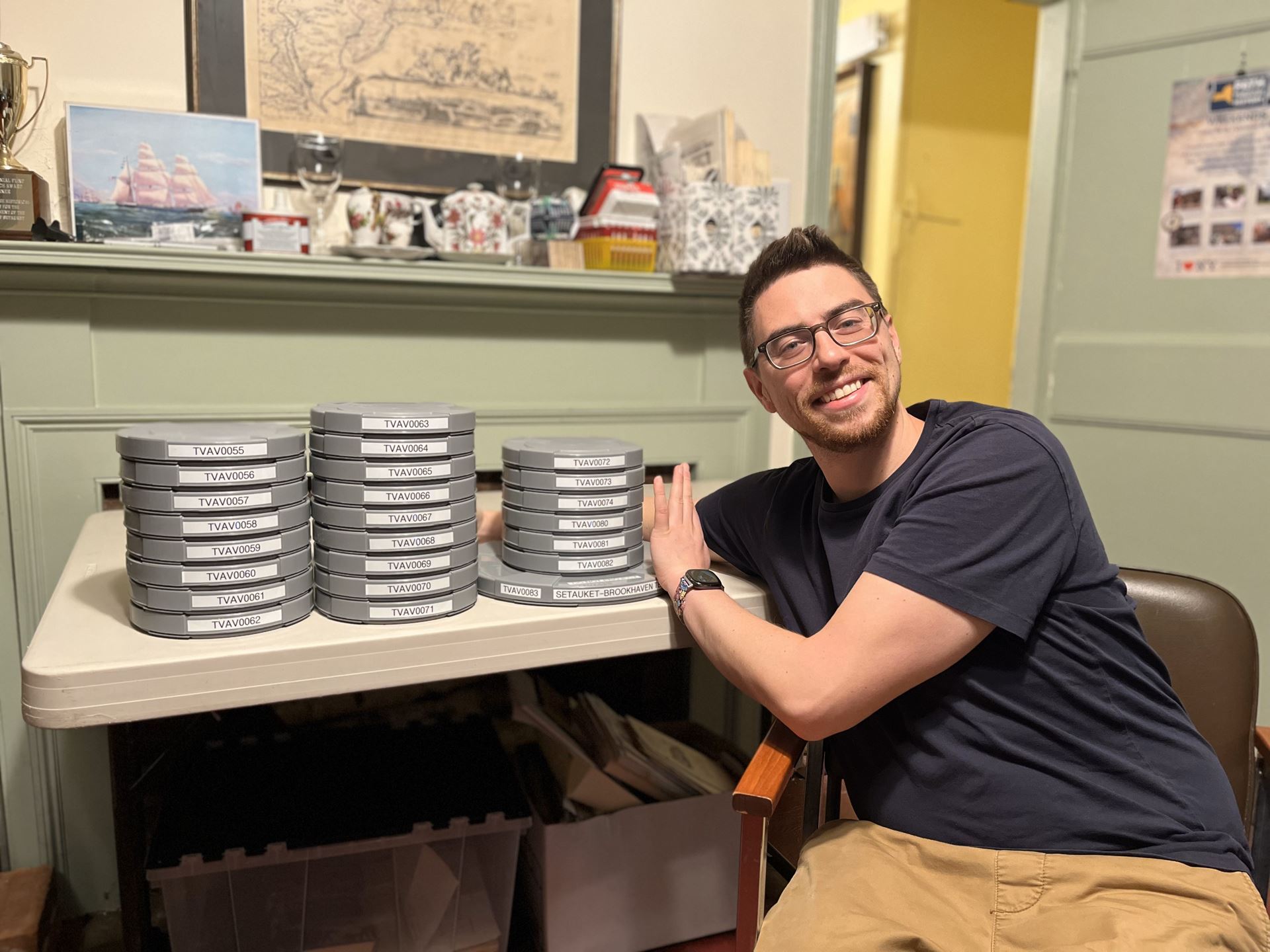 Robert Anen, Project Archivist, Long Island Library Resources Council
Robert Anen, Project Archivist, Long Island Library Resources Council
Accessing Archives Program - Year in Review
This past year's projects are described including the challenges and highlights of each project.
______
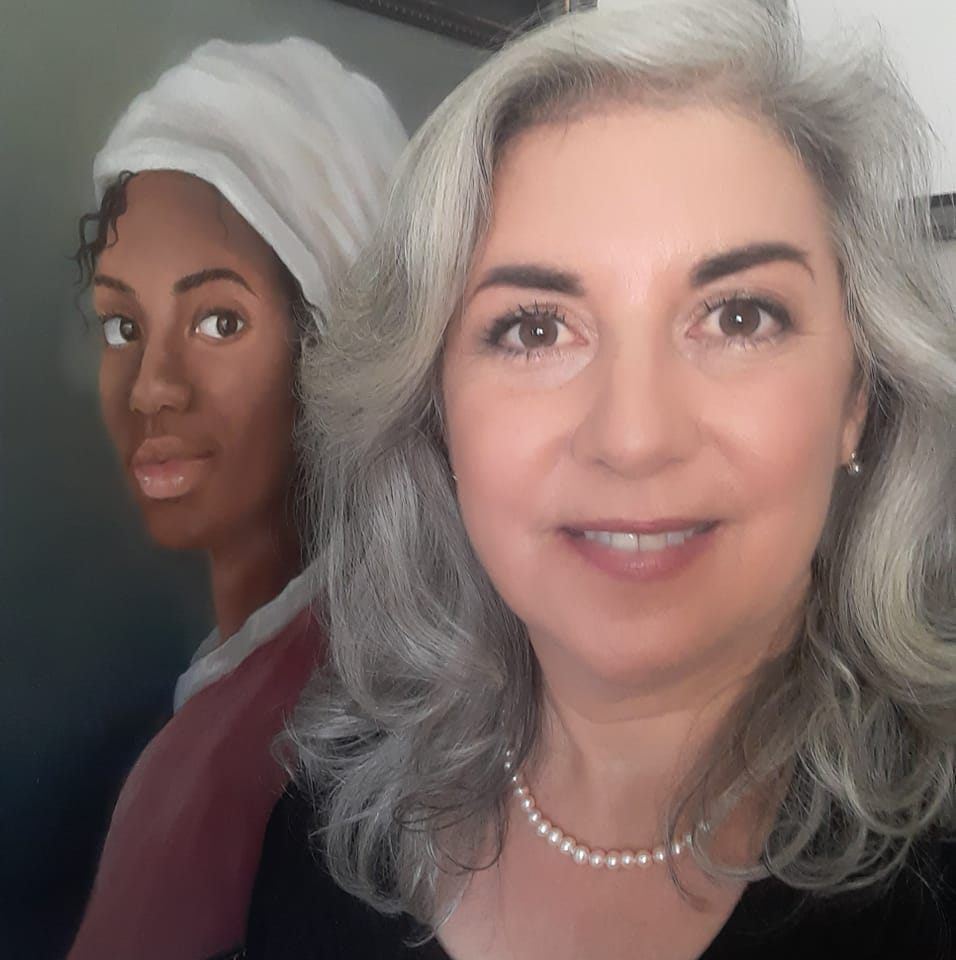
Claire Bellerjeau, Founder of Remember Liss
Re-imagining the Revolution: Liss and Black History in the Classroom
How can we reinterpret the story of America’s birth to include the Black experience? Using innovative links to over 100 primary documents through the New York Archives, a text for middle graders titled “Remember Liss” is breaking through barriers in schools across the country by introducing the extraordinary life of an enslaved Black woman from Long Island named Liss. Her remarkable story is intertwined with well-known events like the Boston Massacre, the Battle of Long Island, and the Culper Spy Ring while also revealing lesser-known facts about the extent of slavery in New York. Meet author and educator Claire Bellerjeau and discover how her non-profit is working to open minds by establishing Liss as a new founding figure.
_____________
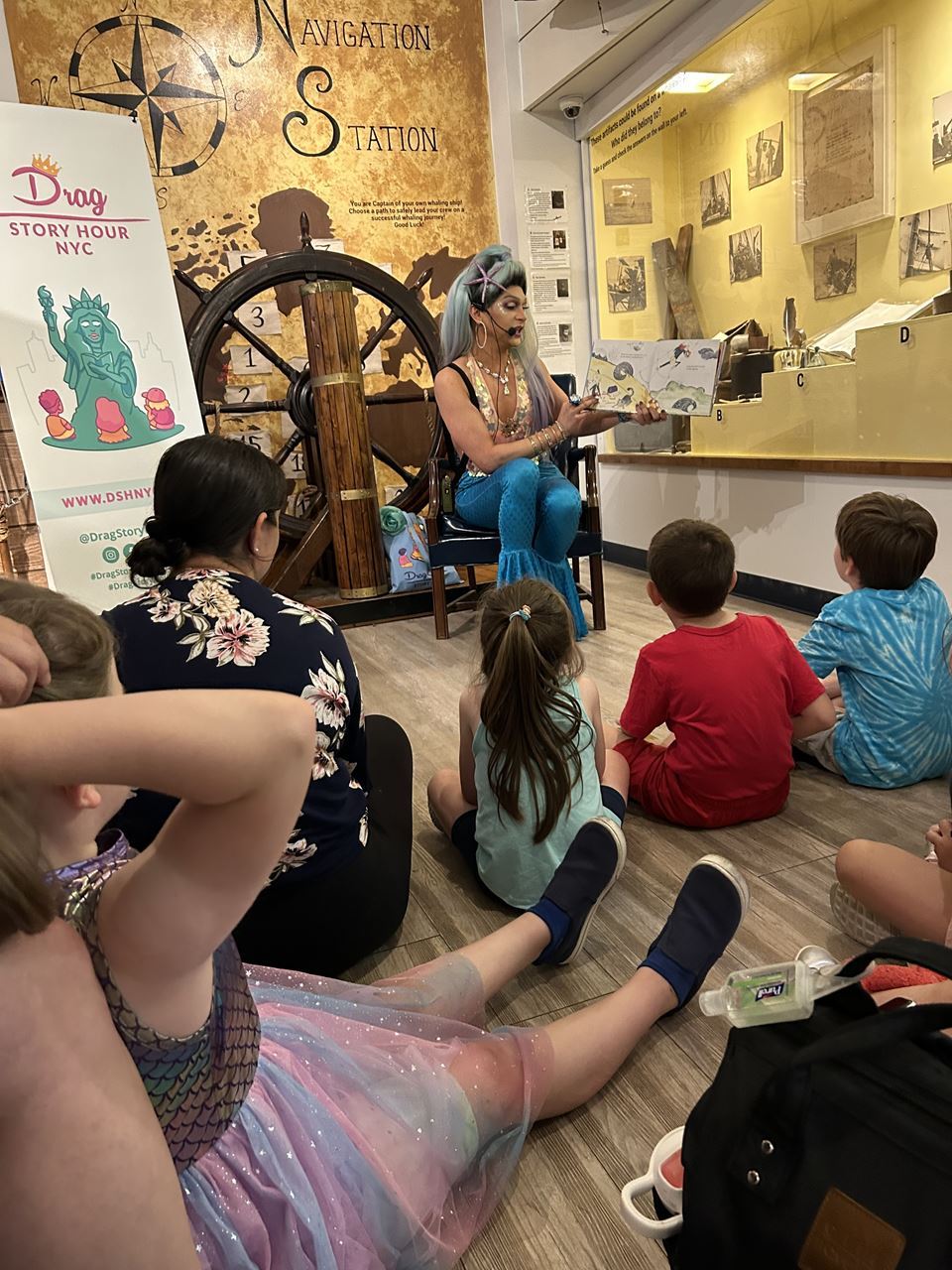 Nomi Dayan, Executive Director, Whaling Museum and Education Center at Cold Spring Harbor
Nomi Dayan, Executive Director, Whaling Museum and Education Center at Cold Spring Harbor
Brenna McCormick Thompson, Curator of Education, The Whaling Museum and Education Center at Cold Spring Harbor
Bella Noche, Performance Artist and mermaid
Crossing the Line: What We Dragged Out Of Our Archives
Find out how The Whaling Museum in Cold Spring Harbor found a creative way to connect archival maritime photographs to Drag Story Hour, a program which is rare in museums but has grown in popularity in recent years in libraries – both in popularity and as a target for protests. Museum staff will share their approach to spotlighting these archival materials in a family-friendly way, along with the triumphs, challenges, benefits, and lessons learned from the experience hosting a drag artist in public programming. Gain inspiration for ways to incorporate archival material in inclusive community programs.
~~~~~~~~~
Code of Conduct
For questions, please email Eliscia Cirrone, ecirrone@lilrc.org.
Professional Development Hours: 4.5 (.45 CEUs)
THIS IS AN IN PERSON EVENT
FOR OUR PARTICIPANTS -
1. If you do not receive a confirmation email after registering, please contact Eliscia Cirrone, ecirrone@lilrc.org to check your registration.
2. If you have any questions regarding this program or registration and program access, please contact Eliscia Cirrone, ecirrone@lilrc.org
